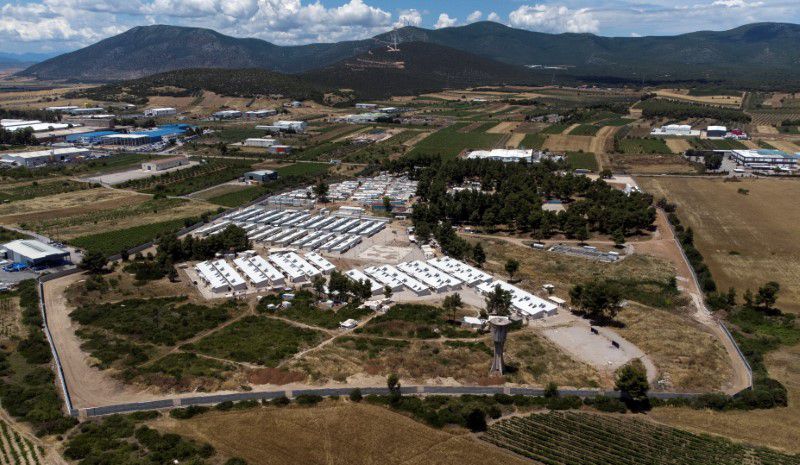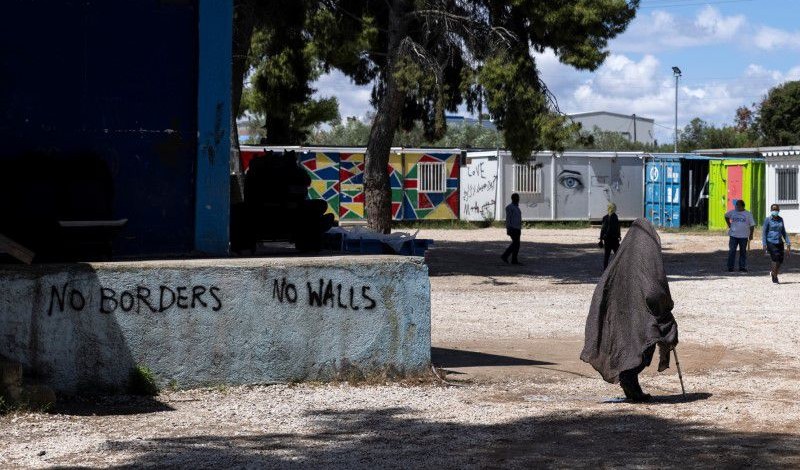With walled camps and tougher border controls, Greece is hardening its approach ahead of summer when migrant arrivals pick up, defying criticism from aid groups and saying it has little choice given a lack of support from the rest of Europe.
The squalid conditions facing many asylum-seekers were laid bare last year when a fire devastated the sprawling Moria camp on Lesbos, and Greece has denied repeated accusations that its coast guard vessels have pushed back migrant boats as they entered Greek waters from Turkey.
Migration Minister Notis Mitarachi says the government is taking a tougher approach “so we don’t send the wrong message of incentivizing people to come” to Greece.

“Our policy is strict but fair,” Mitarachi told Reuters.
Greece was the frontline of Europe’s migration crisis in 2015, when a million refugees from Syria, Iraq and Afghanistan landed. The numbers have slowed sharply since, but Greece says it is still left shouldering much of the burden.
Outside Athens in the camp of Ritsona, signs of the stricter policy are visible. Concrete-fenced, it resembles a small walled town, with makeshift grocery stores, a butcher and a cafe blasting Arabic music.

“Before, we were in an invisible jail. Now it (is) a visible jail,” said Liban, who fled Somalia in 2018 when drought and ongoing conflict left half the population without food, water or shelter. He asked that his full name not be used because his asylum application was pending.
In addition to fencing off camps, Greece launched an EU-wide tender in June to build two closed-type facilities on the islands of Samos and Lesbos, where the former occupants of Moria are housed on an abandoned army firing range.
Athens says the measures will make camps safer but aid groups say containment policies hurt people already traumatized by war and conflict. The Council of Europe’s Human Rights Commissioner has urged Greece to reconsider.
Source: Reuters
